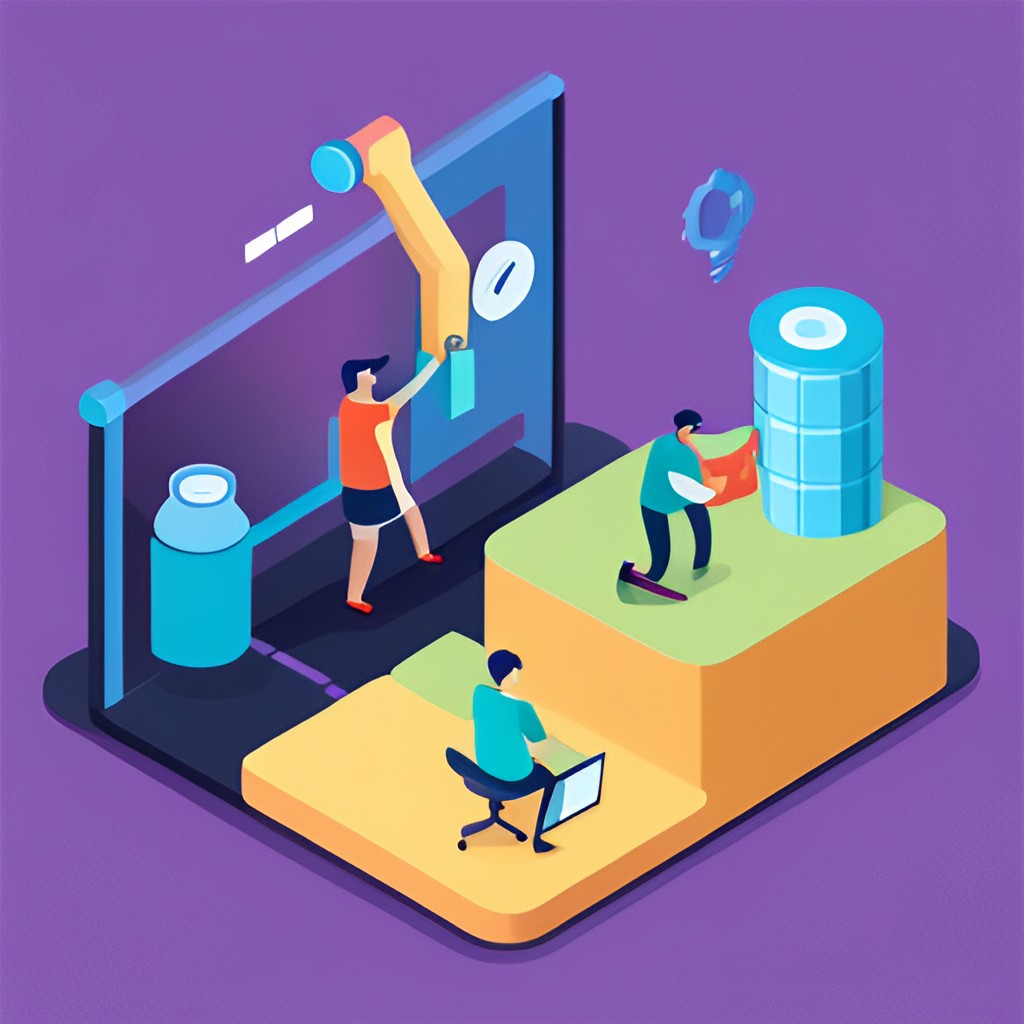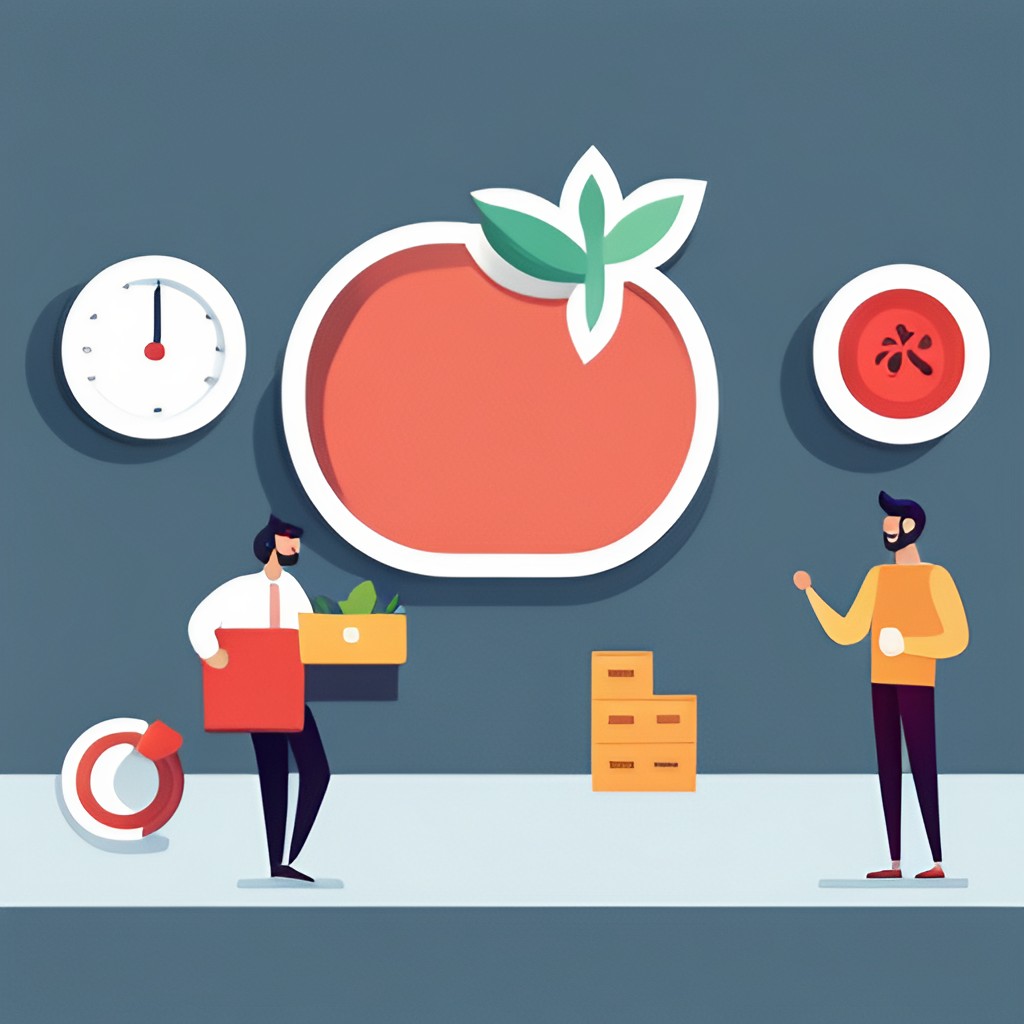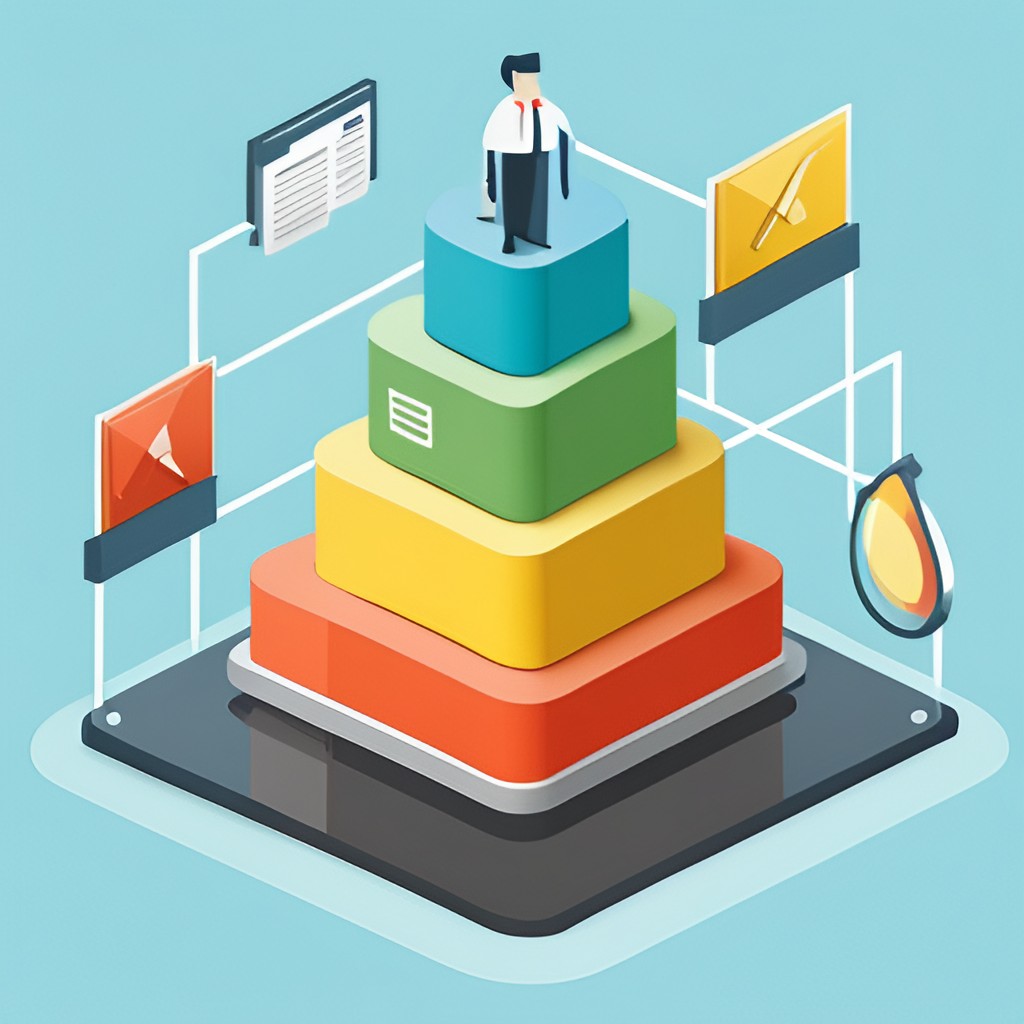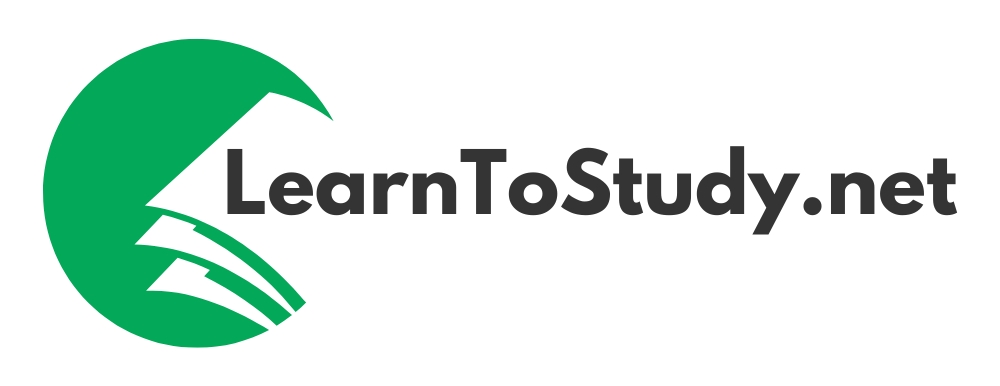
Highlighting the common misconception of equating long study hours with effectiveness is crucial in understanding the concept of studying smarter for improved efficient learning outcomes. Many individuals wrongly assume that the longer they study, the better their results will be. However, this belief fails to consider the quality of studying and the effectiveness of various study techniques. By debunking this misconception, we can explore the alternative approach of studying smarter, which focuses on optimizing study methods to achieve better learning outcomes.
In this article, we will delve into the top 5 tips that can help you study smarter and achieve your desired results. These tips will provide practical strategies to enhance your learning experience and maximize the impact of your study sessions. By implementing these techniques, you can make the most of your study time and improve your overall academic performance. Let’s explore these tips in detail and discover how studying smarter can lead to better learning outcomes.
1. Embrace Active Learning
Active learning is a teaching and learning approach that encourages students to actively engage and participate in the learning process. Instead of passively receiving information, students are actively involved in activities that promote critical thinking, problem-solving, and knowledge application. This approach has several benefits. Firstly, it enhances student engagement and motivation, as students are more likely to be interested and invested in the learning material. Secondly, it promotes deeper understanding and retention of knowledge, as students are actively processing and applying what they have learned. Additionally, active learning fosters the development of essential skills such as collaboration, communication, and critical thinking, which are highly valued in today’s dynamic world. Overall, active learning empowers students to take ownership of their learning and leads to more meaningful and effective educational experiences.

Active learning techniques involve various strategies that engage learners in the educational process. Some examples include group discussions, where students share their insights and perspectives on a topic. Teaching others is another effective method, as it requires learners to articulate and explain concepts to their peers, reinforcing their own understanding. Problem-solving activities challenge students to apply their knowledge and skills to solve real-world problems, promoting critical thinking and analytical abilities. By incorporating these active learning techniques, educators can enhance student engagement and foster a deeper understanding of the subject matter.
Active learning is a powerful technique that can significantly enhance your study routine. By actively engaging with the material, such as through discussions, problem-solving, and hands-on activities, you can deepen your understanding and retain information more effectively. Incorporating active learning strategies, such as group work, interactive exercises, and real-life applications, can make your study sessions more engaging and impactful. So, if you’re looking to optimize your learning experience, consider incorporating active learning techniques into your study routine.
2. Master the Art of Time Management

Effective time management is of utmost importance when it comes to studying smarter. By efficiently allocating and prioritizing tasks, students can optimize their productivity and make the most of their study sessions. With proper time management, they can create a well-structured study routine, allocate sufficient time to different subjects, and ensure that they are making progress towards their academic goals. Additionally, effective time management allows students to strike a balance between their studies and other aspects of their lives, reducing stress and enhancing overall well-being. Ultimately, mastering the skill of time management can greatly contribute to academic success and personal growth.
Improve your productivity with effective time management tools like the Pomodoro Technique and time-blocking. These techniques can help you optimize your work schedule and make the most of your time. Give them a try and experience the benefits of improved focus and efficiency.
Pomodoro Technique
The Pomodoro Technique, a time management method, involves breaking work into intervals, typically 25 minutes known as “Pomodoros,” followed by short breaks. This technique aims to enhance productivity and focus by providing structured periods of intense work and rejuvenating pauses. By incorporating this technique into your workflow, you can optimize your efficiency and maintain a healthy work-life balance.

Time-blocking
Time-blocking, on the other hand, is a productivity technique that involves allocating dedicated time blocks for specific tasks or activities. By meticulously planning and organizing your schedule, you can ensure that each aspect of your day receives the attention it deserves. This method enables you to prioritize effectively, minimize distractions, and make the most out of your available time. As a result, time-blocking becomes a valuable tool in improving time management skills and maximizing overall efficiency.

3. Utilize Cognitive Techniques to Study Smarter
Consider utilizing various cognitive techniques, such as mnemonic devices and visualization strategies, to improve memory retention and deepen comprehension. These techniques can help enhance your ability to encode and retrieve information, making the learning process more effective and efficient. By incorporating these practices into your study routine, you can optimize your cognitive abilities and achieve greater academic success.
Mnemonic Devices
Mnemonic devices are powerful tools designed to help remember information. They work by creating associations between easy-to-remember constructs and lists of data. One popular mnemonic device is the acronym, where the first letter of each word in a list is used to form a memorable word or phrase. For example, to remember the colors of the rainbow (Red, Orange, Yellow, Green, Blue, Indigo, Violet), you could use the acronym ROYGBIV. Another technique is the method of loci, also known as the memory palace, which involves visualizing information in different spatial locations. This method leverages our spatial memory’s strength, enabling us to recall details more effectively. By integrating mnemonic devices into your study routine, you can aid memory recall and enhance your learning efficiency.

Spaced Repetition
Spaced repetition is a powerful technique that plays a crucial role in long-term retention. By spacing out the review of information over increasing intervals of time, it helps reinforce learning and improve memory recall. This method involves revisiting the material at specific intervals, allowing the brain to consolidate and strengthen knowledge over time. With regular practice and repetition, spaced repetition can greatly enhance the ability to retain information for an extended period.
Visualization
Visualization is a powerful cognitive process that involves creating vivid mental images or diagrams to represent abstract concepts, making them more tangible and easier to grasp. By harnessing the imagination and employing various sensory cues, such as colors, shapes, and spatial relationships, visualization enhances our understanding and retention of information. It allows us to explore complex ideas from different angles, facilitating deeper insights and connections. With its ability to engage multiple cognitive pathways, visualization empowers learners to unlock their creative potential and unleash new perspectives.
Chunking
Chunking, a cognitive strategy, involves breaking down information into smaller, manageable chunks. By organizing and grouping related pieces together, it facilitates better comprehension and memorization. This method helps individuals process complex information more effectively, allowing them to retain and recall it with greater ease. Through the deliberate act of breaking down information into smaller parts, chunking optimizes cognitive load and enhances learning outcomes.

These techniques are invaluable tools for anyone seeking to optimize their learning process. By implementing these proven strategies, individuals can enhance their ability to absorb and retain information effectively. These techniques encompass a range of methods, such as spaced repetition, active recall, and interleaving, which have been shown to promote long-term retention and improve overall learning outcomes. Incorporating these practices into one’s study routine can lead to a more efficient and successful learning experience.
4. Leverage Technology Wisely for Efficient Learning
Discover the myriad ways in which technology can greatly facilitate and enhance the process of efficient learning. With its innovative tools, interactive platforms, and customizable resources, technology caters to individual needs and preferences, making learning more engaging and effective. Explore interactive platforms, comprehensive study materials, and innovative tools designed to make your educational journey more engaging, efficient, and enjoyable.
Whether it’s immersive virtual reality experiences, personalized learning algorithms, or collaborative online platforms, technology opens up a world of possibilities for learners of all ages and backgrounds. Embrace the transformative power of technology and unlock your full learning potential.

Here are some valuable tips for avoiding distractions and maintaining a healthy tech-study balance:
- Create a dedicated study space: Designate a specific area where you can focus solely on your studies, away from distractions like your phone or television.
- Prioritize your tasks: Make a to-do list and prioritize your tasks based on importance and urgency. This will help you stay organized and focused on what needs to be done.
- Practice time management: Allocate specific time slots for studying and stick to them. Set a timer for each study session to ensure you stay on track and avoid getting absorbed in other activities.
- Minimize digital distractions: Turn off notifications on your phone or computer to avoid constant interruptions. Consider using apps or browser extensions that block distracting websites or limit your time spent on social media.
- Take regular breaks: It’s essential to give yourself short breaks during study sessions. Use this time to stretch, take a walk, or engage in a brief relaxation activity to recharge your mind.
- Establish a routine: Set a consistent study schedule that aligns with your natural productivity patterns. Having a routine will help train your brain to focus during designated study times.
- Practice self-discipline: Be mindful of your own behavior and practice self-discipline. Train yourself to resist the urge to check your phone or engage in non-study related activities during your dedicated study time.
By implementing these tips, you can create a conducive environment for focused studying and strike a healthy balance between technology and academics.
5. Prioritize Self-Care and Well-being
Research has shown that there is a strong correlation between well-being and learning efficiency. When individuals are in a positive state of well-being, they are more likely to be engaged, motivated, and focused, which in turn enhances their ability to absorb and retain information. Moreover, a supportive and nurturing environment that promotes well-being can foster a sense of belonging and safety, allowing learners to explore and take risks without fear of judgment or failure. Therefore, prioritizing well-being in educational settings can lead to improved learning outcomes and overall academic success.

Regular exercise, proper nutrition, and sufficient sleep are crucial for maintaining a healthy lifestyle. Engaging in physical activity not only helps to strengthen muscles and improve cardiovascular health but also boosts mood and reduces the risk of chronic diseases. Pairing exercise with a well-balanced diet provides the body with essential nutrients, supporting overall wellness and optimizing performance. Additionally, prioritizing sufficient sleep allows the body to recover, recharge, and promote optimal cognitive function. By incorporating these habits into daily routines, individuals can enhance their overall well-being and enjoy a higher quality of life.
Exploring effective stress management strategies and understanding their profound impact on cognitive function is crucial in maintaining overall well-being. By implementing various techniques such as mindfulness, exercise, and relaxation techniques, individuals can enhance their ability to cope with stress, leading to improved cognitive function and overall mental health.
Conclusion
These top 5 tips are designed to help you optimize your learning process and make the most out of your study sessions. By implementing these strategies, you can enhance your ability to absorb and retain information, ultimately leading to more effective learning outcomes. So, whether you’re a student, a professional, or simply someone who enjoys expanding their knowledge, incorporating these tips into your learning routine can make a significant difference in your educational journey.
- Set clear goals: Define what you want to achieve through your learning journey. Having specific objectives helps you stay focused and motivated.
- Create a structured plan: Break down your learning into smaller, manageable tasks. Establish a schedule and allocate dedicated time for each topic or skill you want to learn.
- Use active learning techniques: Instead of passively consuming information, engage actively with the material. Take notes, ask questions, and apply what you’ve learned through practical exercises or real-life examples.
- Embrace variety: Mix up your learning methods to keep things interesting and enhance retention. Combine reading with watching videos, listening to podcasts, or participating in interactive discussions to reinforce your understanding.
- Practice regularly: Consistency is key. Dedicate regular practice sessions to reinforce concepts and develop your skills. Repetition helps solidify knowledge and improve your performance over time.
By following these tips, you’ll optimize your learning process and make the most out of your educational endeavors. Stay focused, stay curious, and enjoy the journey of continuous growth!

I highly encourage readers to implement these proven strategies for a more effective and efficient learning approach. By implementing these strategies, you can enhance your ability to absorb and retain information, ultimately leading to more efficient learning outcomes. Don’t miss out on the opportunity to elevate your study habits and unlock your full potential!
Discover the remarkable advantages of studying smarter and achieving better results with less effort. By adopting effective study techniques and implementing strategic learning methods, you can not only optimize your academic performance but also enhance your long-term knowledge retention. Embrace the power of efficient studying and unlock a world of academic success while saving valuable time and energy.

